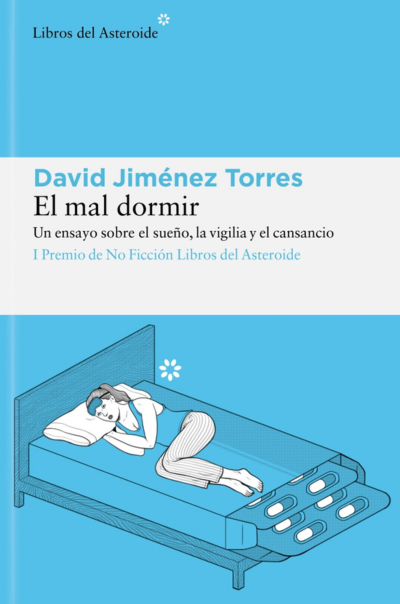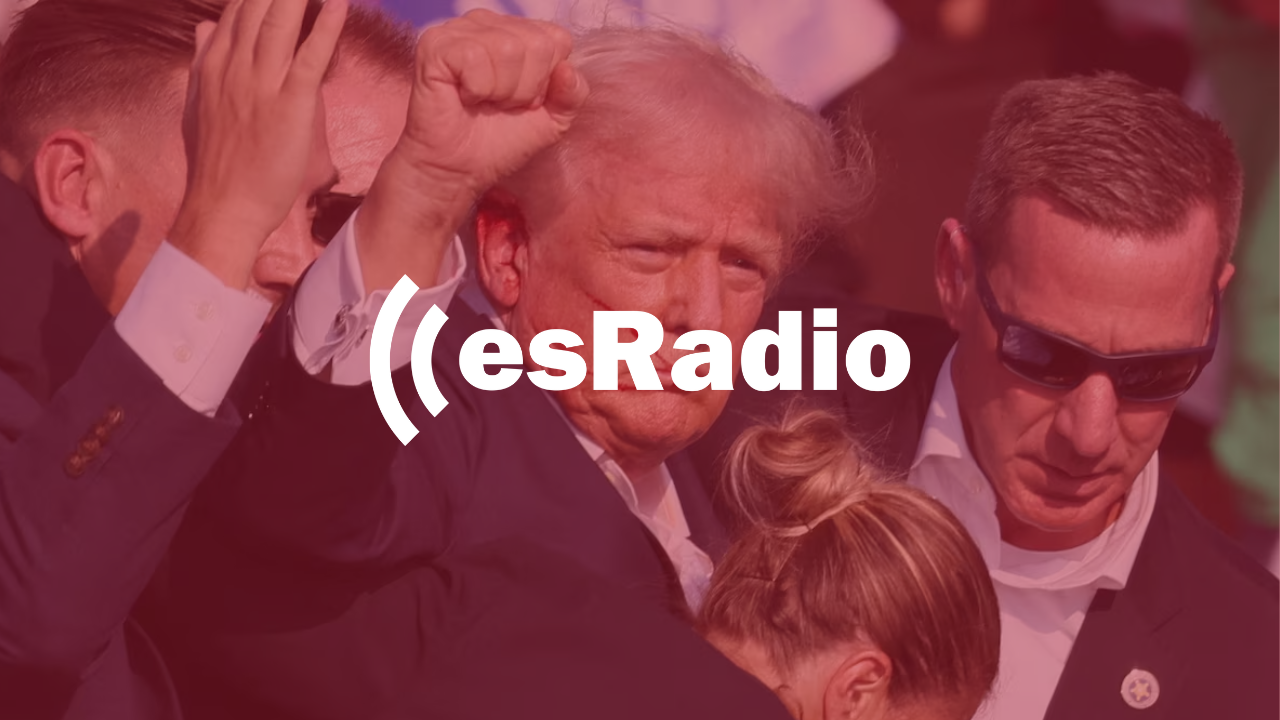Earlier this month, the 70th anniversary of the creation of NATO was celebrated in London. Among the guests there was the acting Prime Minister, Pedro Sánchez. The context in which the meeting took place was charged with tension and discordant notes. One of the causes was the imposition of tariffs, by the USA, on certain European products, mainly, from France, Germany, Spain and the United Kingdom.
This decision is supported by the ruling of the World Trade Organization (WTO) in favour of the United States. This resolution determined that the European Union which up Airbus had illegally subsidised this company with lower rates than those in the market. Therefore, the WTO authorised the United States to establish tariffs of 7.5 billion dollars (about 6.9 billion euros): the amount proportional to the losses suffered by Boeing.
However, the EU and the US have another litigation pending resolution to the contrary. Airbus denounces Boeing for illegal subsidies. This war between both companies constitutes the best reflection of the reality of the international economic landscape. Despite the vision of some idealists, the free competition market does not exist as such. It is a utopia. We must move towards it, but the problem comes when concepts such as sovereignty are underestimated. Illustrious figures of liberalism, such as Adam Smith or John Locke himself, would turn in their graves if they saw the point globalists have reached.
The EU is a trade bloc that has removed its internal barriers, but not its external ones.
In the world we live in, and long before Trump’s arrival to the Oval Office, there were already barriers to free trade. Despite what some EU officials say, the US president has not started this war. In fact, it could be argued that the EU basically consists of a trade bloc that has eliminated its internal barriers but has maintained its external ones. One of the great paradoxes it harbours is that the EU’s much vaunted global leadership in official development aid (ODA) is accompanied by tremendously protectionist policies. The most famous case, that of the Common Agricultural Policy (CAP).
Through its agricultural policy, the EU allocates more than 55,000 million euros [1] per year, which makes it one of the main budget items of the EU. However, this contradicts the position maintained regarding ODA, since the CAP represents a barrier that prevents less developed countries, with economies where the primary sector has more weight, from exporting their goods to our trading bloc. This implies drowning the poorest societies on the globe, since they do not export goods of medium or high added value to us, but rather the opposite. This, along with many other criticisms, calls into question the position of many European leaders who rant about US tariffs, but remain silent about their own.
NATO is being one of the first victims of this climate of economic competition. Since the time of President Kennedy, the US has been demanding a greater investment in defence by its European allies. The only difference today is that Trump does comply with his red lines. In addition, the country has realised that the system that the US created together with the rest of the victorious powers of World War II no longer benefits it, but rather damages it.
The invoice that the US send out in Obama’s time, in order to continue maintaining the Atlantic Alliance, indicated that NATO members should invest in Defence 2 percent of their GDP. Beyond the criticism that the suitability of the number may provoke, the allied countries committed themselves to it. And in international relations, as in everything, the lack of credibility has its consequences.
The Spanish case is obvious. After signing this commitment in Cardiff (2014), our country will not comply (2024 is the deadline). Thus, since that year, Spain has not even come close, and remains at the bottom (only ahead of Luxembourg) with a Defence expenditure of 0.92 percent of our GDP. This fact, together with the continuous illegal subsidies to Airbus, represent some of the arguments that the US Administration handles to impose 25 percent tariffs on products such as olive oil, olives, pork, fruits and vegetables, etc. This will cause estimated losses of 841 million euros, according to the Spanish Government. In addition, given the freeze on the defence budget increase planned by the previous Executive, President Trump has not ruled out increasing tariffs. In fact, in his own words:
“Only eight of the 28 NATO countries invest more than 2 percent in Defence, which means that 20 countries are delinquent in their payments to NATO, and have been doing so for many years. Germany, at most, invests 1.3 percent, depending on how the calculations are made. Spain is at 1 percent. In comparison, Turkey is almost up to date with its payments, although it is hard to believe”[2].
In light of this situation, it is not surprising that Pedro Sánchez was not invited to any of the meetings held on the margins of the official one in London. A clear reflection of the absolute international irrelevance in which Spain currently finds itself. Long gone are the days when the English themselves felt their position as America’s primary ally in Europe threatened. For too long, Spain has not been a reliable partner, capable of fulfilling the commitments it signs, and defending its national interests.
Now, the main concern of this Government is the creation of a group of Special Operations for women, without the need to approve the course to this date essential to wear the green beret. The saddest thing of all is that, with this measure, the two women who until today have passed this course become undervalued.
Everything indicates that the cultural and partisan battle has reached the last recesses of the State. The idea of elites caring for and protecting the national interest seems anathema. However, for those who want to fight, who still believe that there are ideas worth fighting for, there will always be Cervantes, who, through the mouth of his famous Don Quixote, tells us: «For freedom, as well as for honour, life can and should be ventured ”.
Spain deserves it.
[1] http://www.europarl.europa.eu/factsheets/es/sheet/104/la-politica-agricola-comun-en-cifras
[2] Statements made after a meeting with the President and Foreign Minister of Italy, Sergio Mattarella and Luigi di Maio, respectively. Available (online): https://www.abc.es/internacional/abci-trump-asegura-mantiene-aranceles-espana-porque-no-invierte-suficiente-defensa-201910162228_noticia.html






